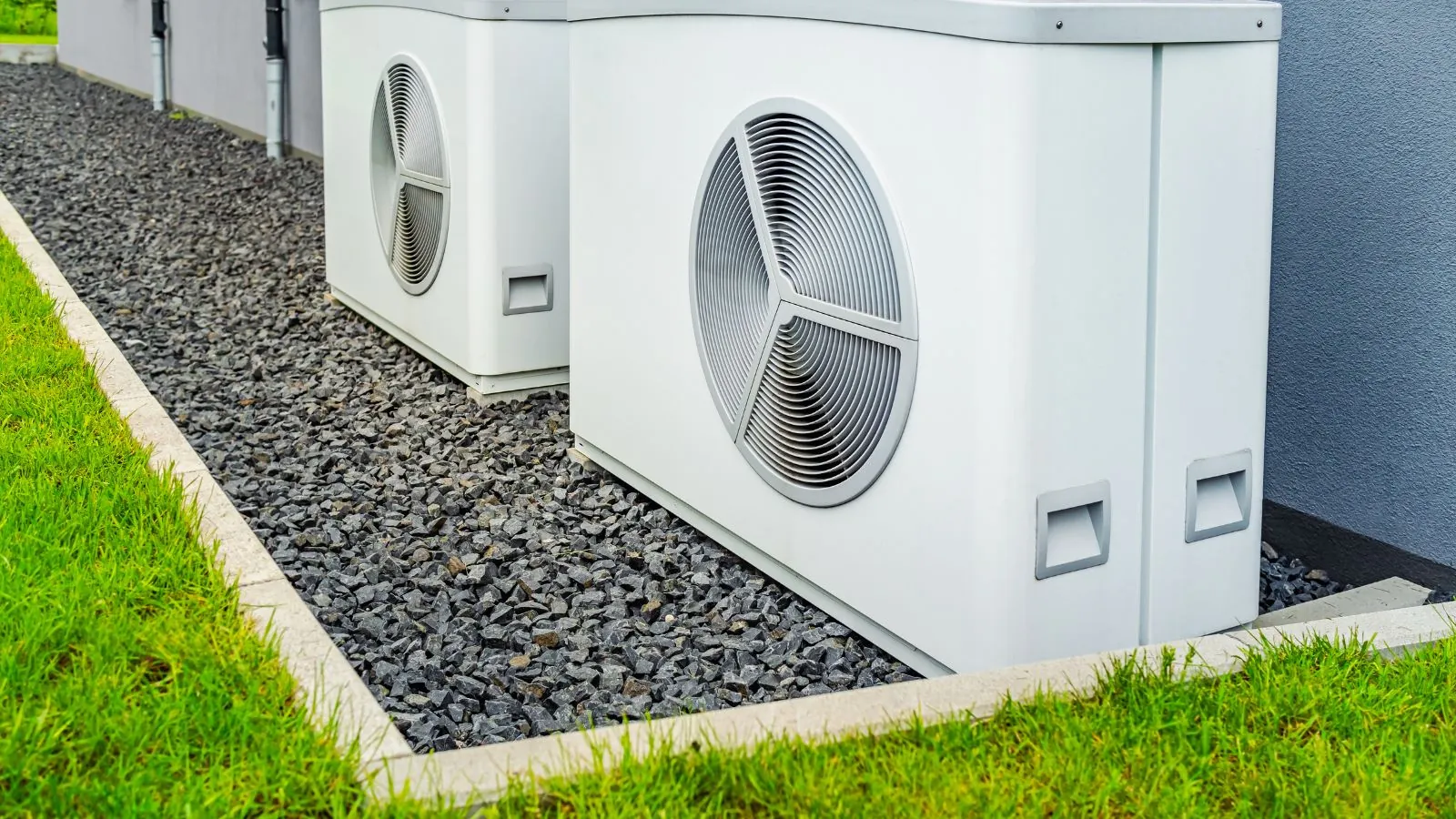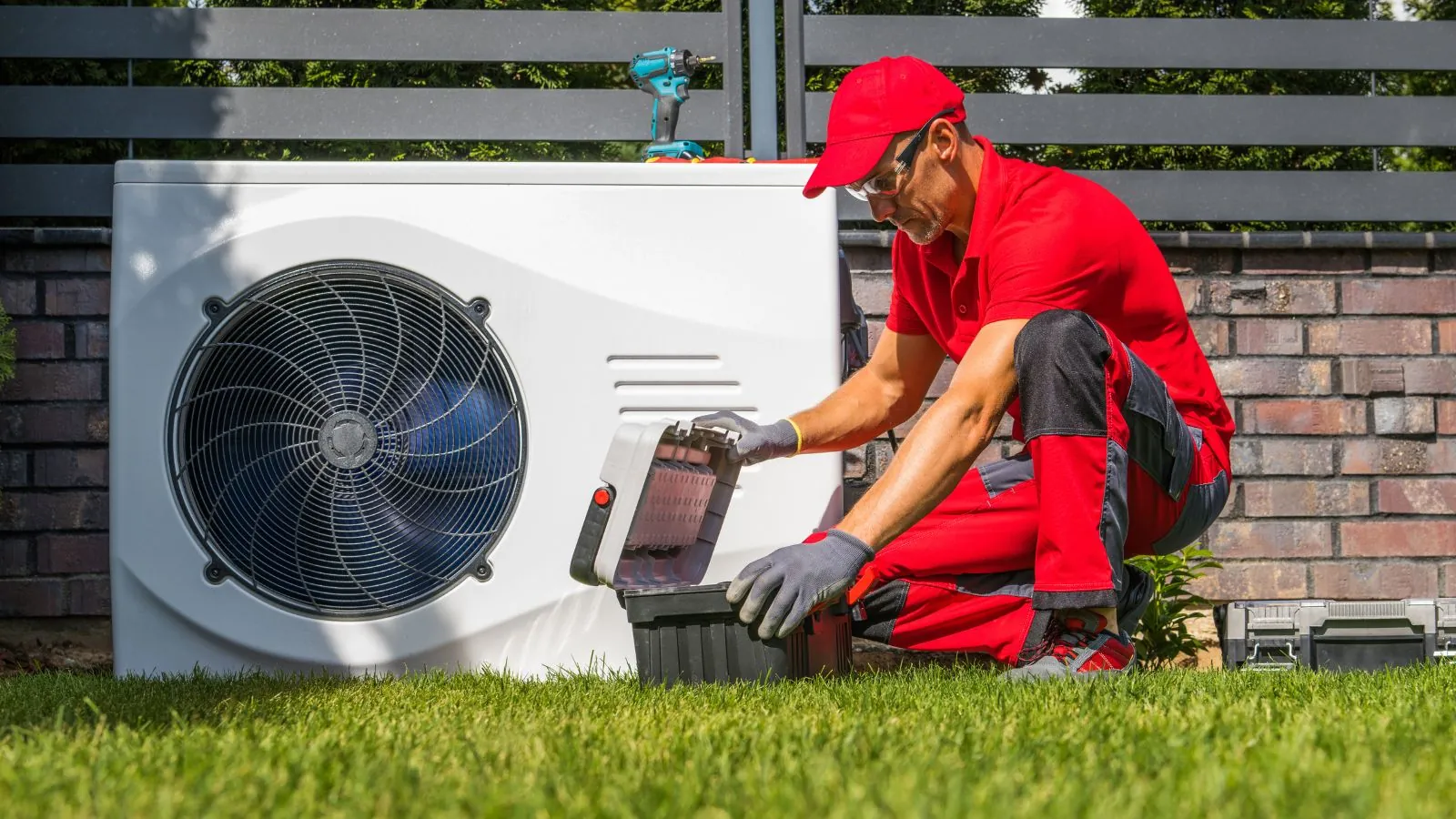Considering upgrading your home’s heating and cooling system? Installing a heat pump could be the game-changer you’ve been looking for. As a homeowner, I’ve discovered the numerous benefits that come with this energy-efficient solution. From lower utility bills to year-round comfort, a heat pump offers a cost-effective and environmentally friendly alternative to traditional HVAC systems.
In this guide, I’ll walk you through the advantages of choosing a heat pump for your home. Whether you’re looking to reduce your carbon footprint or simply improve your indoor comfort, this versatile system has got you covered. Say goodbye to fluctuating temperatures and hello to consistent warmth or coolness throughout the seasons. Join me as I delve into the world of heat pumps and how they can revolutionize your home’s efficiency and comfort.
Understanding Heat Pumps and Their Basic Function
What Is a Heat Pump?
A heat pump is an essential component of a home’s heating and cooling system. Unlike traditional HVAC units that generate heat, a heat pump transfers heat from one place to another. In the winter, it extracts heat from the outside air (yes, even in cold weather) and pumps it indoors to warm your home. During the summer, it works in reverse by removing heat from your home and releasing it outside, thus providing efficient cooling. This dual functionality makes heat pumps a versatile and energy-efficient choice for homeowners.
How Does a Heat Pump Work?
A heat pump operates on the principle of refrigeration cycle technology. It consists of two main components: an indoor unit (evaporator coil) and an outdoor unit (condenser coil). The refrigerant in the system absorbs heat from the air inside your home and carries it to the outdoor unit. There, the heat is expelled, and the refrigerant cycles back to the indoor unit to gather more heat. This continuous process ensures consistent comfort levels in your home throughout the year.
By understanding the basic function of heat pumps, homeowners can appreciate the efficiency and eco-friendliness of these systems. Whether for heating or cooling, heat pump installation offers a cost-effective and sustainable solution for maintaining optimal indoor temperatures.
Key Benefits of Installing a Heat Pump
Energy Efficiency and Savings
When considering heat pump installation, one of the key benefits that I have found is the significant energy efficiency it offers. Heat pumps are known for their ability to transfer heat rather than generate it, making them a highly energy-efficient option for heating and cooling your home. By harnessing heat from the air or ground, heat pumps can produce up to 3 units of heat for every 1 unit of electricity used, resulting in substantial energy savings on your utility bills. This efficiency not only reduces your carbon footprint but also helps you save money in the long run.
Environmental Impact
Another crucial advantage of heat pump installation is the positive impact it has on the environment. Unlike traditional HVAC systems that rely on burning fossil fuels, heat pumps operate by moving heat from one place to another, using minimal electricity to power the process. This means that they produce fewer greenhouse gas emissions, making them a more environmentally friendly heating and cooling solution. By opting for a heat pump, I contribute to reducing air pollution and combating climate change, creating a greener and more sustainable living environment for myself and future generations.
Increased Property Value
An often overlooked benefit of heat pump installation is the potential increase in property value that it can provide. Homebuyers are increasingly seeking energy-efficient and eco-friendly features in properties, and having a heat pump installed can make your home more attractive to potential buyers. Properties with heat pumps are perceived as modern, environmentally conscious, and cost-effective, enhancing their market appeal and potentially leading to a higher resale value. By investing in a heat pump, I not only enjoy the immediate benefits of energy savings and comfort but also position my home as a valuable asset in the real estate market.
Types of Heat Pumps Available
Air Source Heat Pumps
When it comes to heat pump installation, one common type available is the Air Source Heat Pump. These work by extracting heat from the outside air and transferring it inside the property for heating purposes. They are efficient in moderate climates and can provide both heating and cooling functions.
Ground Source Heat Pumps
Another option for heat pump installation is the Ground Source Heat Pump. These systems extract heat from the ground through pipes installed underground. Ground source heat pumps are more energy-efficient than air source heat pumps and are suitable for areas with colder climates. They offer consistent heating and cooling and have a longer lifespan compared to air source heat pumps.
By understanding the different types of heat pumps available, homeowners can choose the one that best suits their property’s needs and climate conditions.
Considerations Before Installing a Heat Pump
Assessing Your Home’s Suitability
To determine if a heat pump is suitable for your home, I recommend checking a few key factors. Firstly, consider the size and layout of your property. A heat pump works best in well-insulated homes with adequate space for installation. Next, assess the climate in your area. Heat pumps operate efficiently in moderate climates and may require additional heating sources in extreme cold conditions. Lastly, evaluate your energy needs. A heat pump can be a cost-effective solution for year-round heating and cooling, but it’s essential to ensure it meets your household’s demands.
Cost Analysis and Budgeting
When planning for heat pump installation, it’s crucial to conduct a thorough cost analysis and set a realistic budget. Start by obtaining quotes from reputable HVAC professionals to understand the installation costs involved. Additionally, factor in potential energy savings over the long term to gauge the return on investment. Remember to consider any available rebates or incentives for energy-efficient upgrades that could offset the initial costs. By budgeting wisely and weighing the financial implications, you can make an informed decision regarding the installation of a heat pump in your home.





